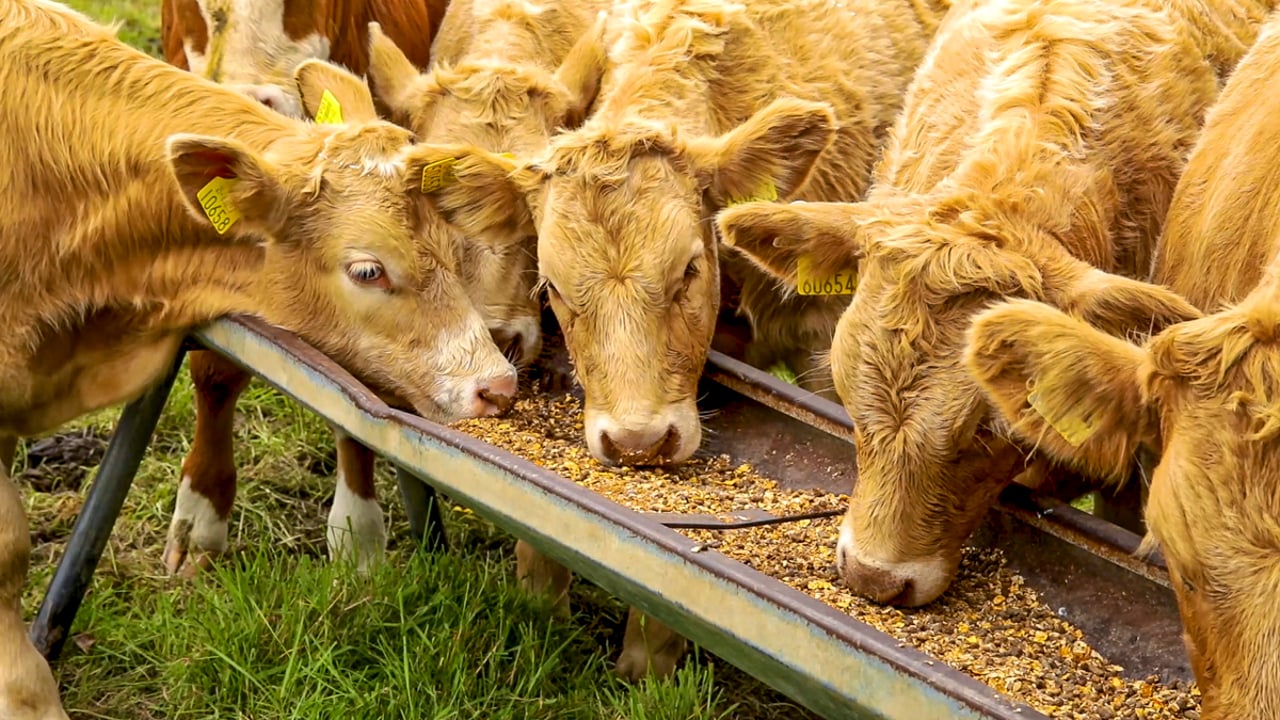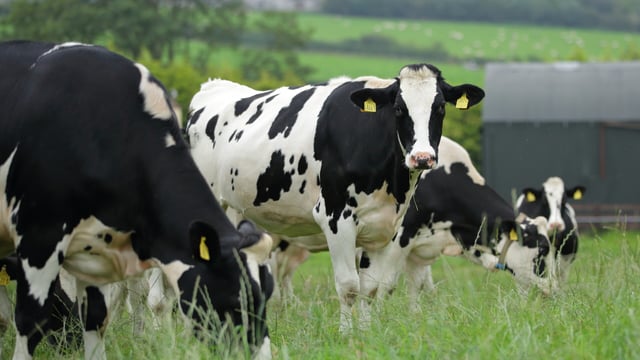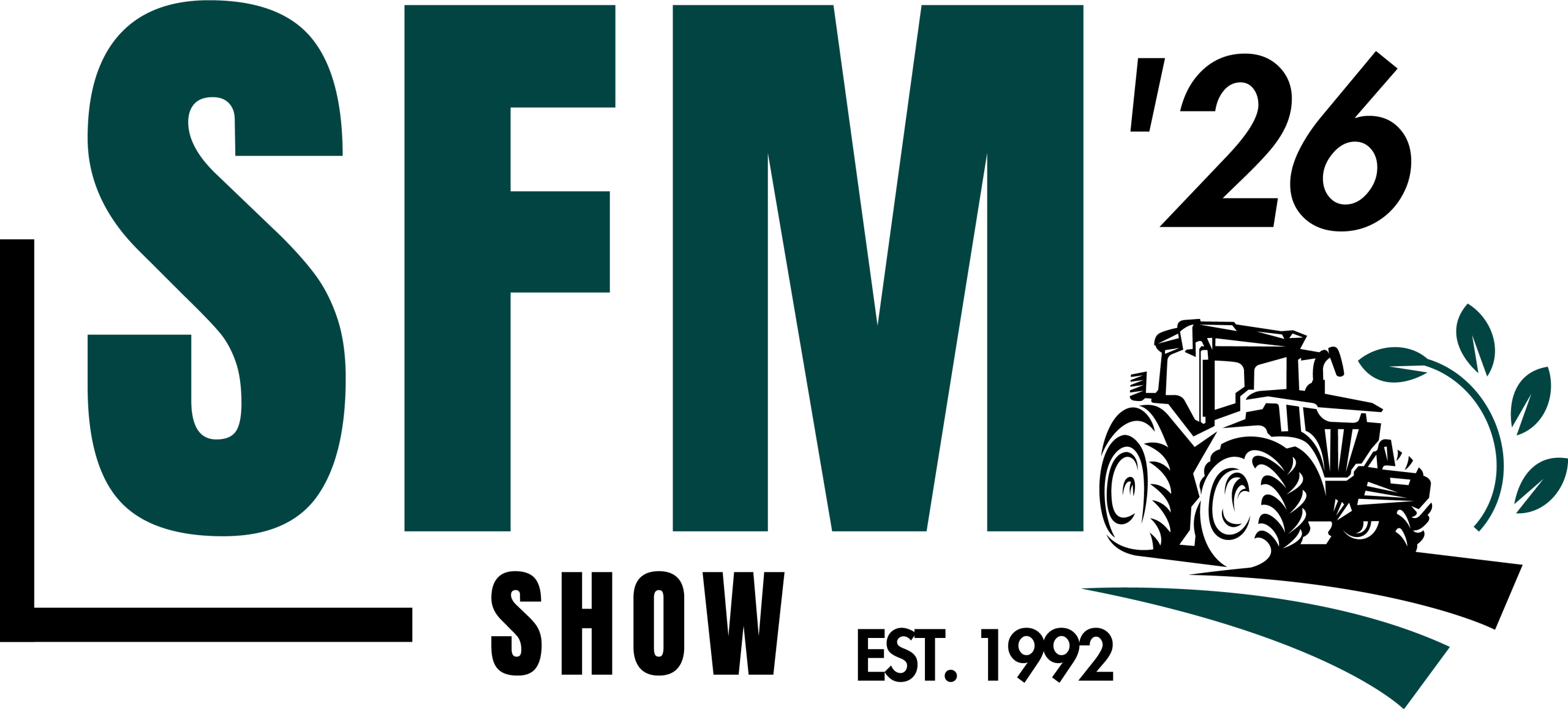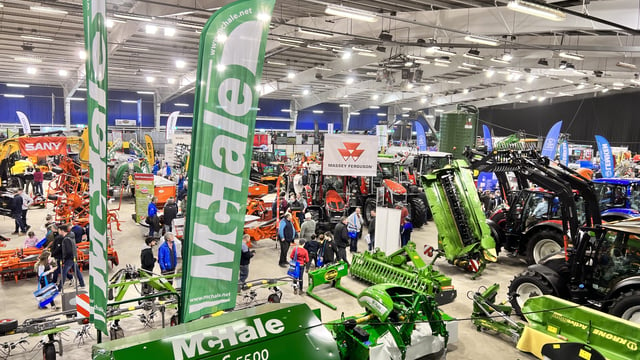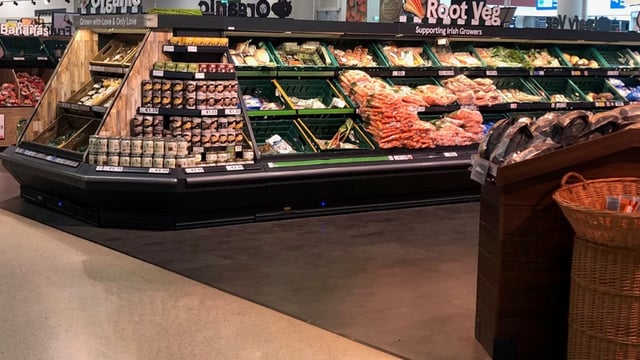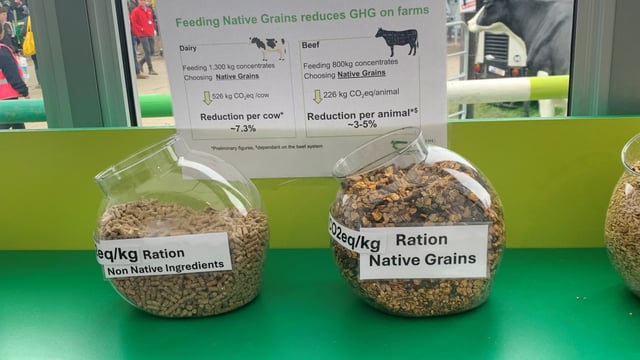UK compound feed supplies expected to come under pressure
The Agricultural Industries Confederation (AIC) is indicating that UK compound feed supplies will come under pressure this autumn.
Factors accounting for this situation include a combination of geopolitical events, a challenging UK harvest, and an exceptionally dry summer in some regions.
According to the AIC, the UK feed industry needs to source 16 million tonnes of raw materials annually. Of this, 54% is sourced locally and 46% is imported.
The imported proportion is dominated by protein sources, such as soya; important fibre sources for ruminants, including palm kernel expeller and soya hulls; plus other materials including maize, rapeseed meal and sunflower meal.
Also imported are many essential feed additives, including vitamins and amino acids.
Geopolitical factors
AIC is indicating that deforestation policy uncertainty, particularly regarding the EU Deforestation Regulation (EUDR), is having a dramatic impact on the European soya supply chain.
Specifically, a lack of clarity over EUDR is resulting in very few market offers for soya products for the first two quarters Q1/Q2 2026.
As a consequence, the European Feed Manufacturers' Federation (FEFAC) anticipates a EUDR premium for soyabean meal in the EU of between 5% and 10% above the ‘normal’ price. This works out as an increase of between €20-€40/t.
UK arable farmers provide much of the cereal supply needed by the feed industry and a significant proportion of oilseed rape meal, although there is increasing reliance on imports due to reduced acreage grown in the UK.
However, UK production and yields in 2025 are expected to boost local availability. UK flour millers and sugar refiners also provide valuable co-products such as wheatfeed and sugar beet pulp.
UK harvest 2025
The exceptionally dry summer has left many dairy, beef, and sheep farmers across the UK short of both grass for grazing and forage for winter feeding.
Significantly, farmers short of grass have been feeding forage and combining it with wheatfeed, thereby reducing the availability of this compound for feed compounders.
Meanwhile, these same businesses are seeing increased demand for feed due to the lack of grass and forage.
In such cases, they would generally look to add sugar beet pulp to their ruminant rations. However, the UK sugar beet season is starting late due to the dry weather, and volumes are likely to be down, resulting in the feed industry relying on imported sugar beet pulp to fill the gap.
Sugar beet pulp is a good source of fibre for ruminants, and if it is in short supply, feed businesses will look to other sources of fibre such as palm kernel expeller or soya hulls.
Both are imported co-products, and their supply and price are impacted by the uncertainty surrounding European deforestation policies.
Compound feed industry response
In response to these developments, the UK feed industry is urging livestock farmers to prepare thorough and accurate feed requirements through to the end of Q2 2026.
It would also be prudent to factor in the risks associated with an extended winter feeding season.

